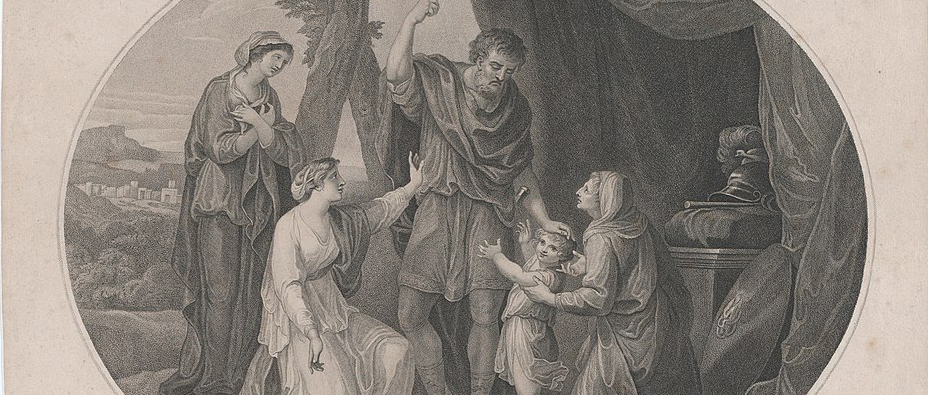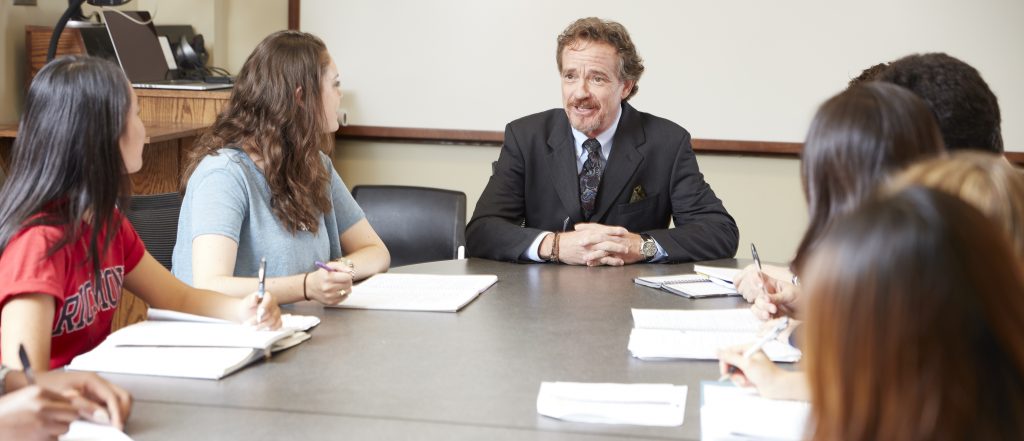
Like Stover, I believe the humanities and social sciences are valuable in and of themselves. We are better for knowing ideas. Having seen Coriolanus or read Thucydides makes us more interesting, more complex, and more capable.
Being interesting to one’s self, however, is of little consequence. The more important point is that being interesting to one’s self is the first step to being interesting to others. We are social beings. We become better for others, too, by being more complex and surprising and more capable.
As we become more interesting for others, we become more capable of discussing ideas with and listening to others. The hope is that this readies us for living civilly amongst others.
This explanation is much in line with that of Adam Smith, the moral theorist, author of the 1759 Theory of Moral Sentiments. Smith writes that
How selfish soever man may be supposed, there are evidently some principles in his nature, which interest him in the fortune of others, and render their happiness necessary to him, though he derives nothing from it except the pleasure of seeing it.
Unfortunately, this capability seems to have eroded on college campuses in recent years. It is difficult to discern where the causality lies, but as conversations on university campuses have become less tolerant and more shrill, so, too has our national politics.
We would do well to return to and cultivate the virtue of civility in all walks of life. My hope is that the humanities and social sciences will play a significant role in our return to civility, by helping college students develop into moral human beings who are capable of discussion across differences.

There are good non-instrumental and good instrumental reasons for us to celebrate the place of the humanities and social sciences in the University. Stover and other commentators are overly pessimistic when they dismiss instrumentalism — they focus too narrowly on the instruments of job preparation. Those are important but so are the ideas we teach our students, ideas about what is right and wrong, and how best to live together civilly.
Academics can do a better job of confronting our critics, thinking through what matters and why in our teaching, and then making the case to skeptics and supporters alike. The University is the place where students are most likely to grapple with, analyze, and be steeped in significant ideas. Certainly this is true of the Jepson School of Leadership Studies.
